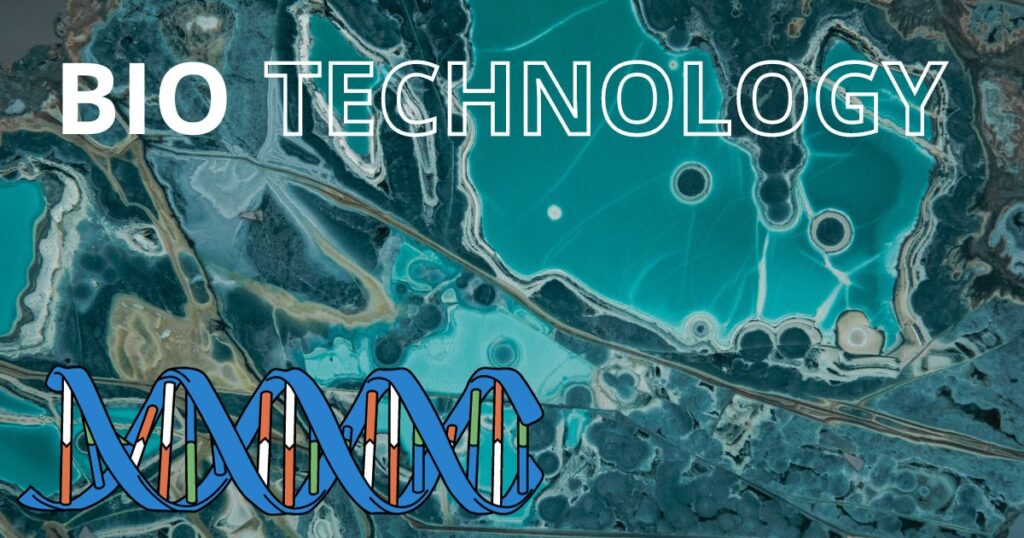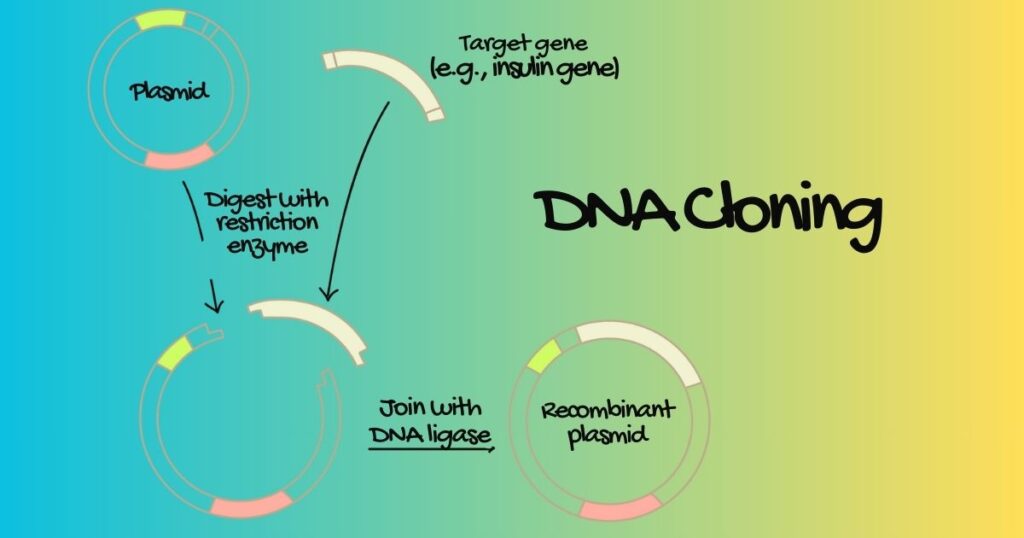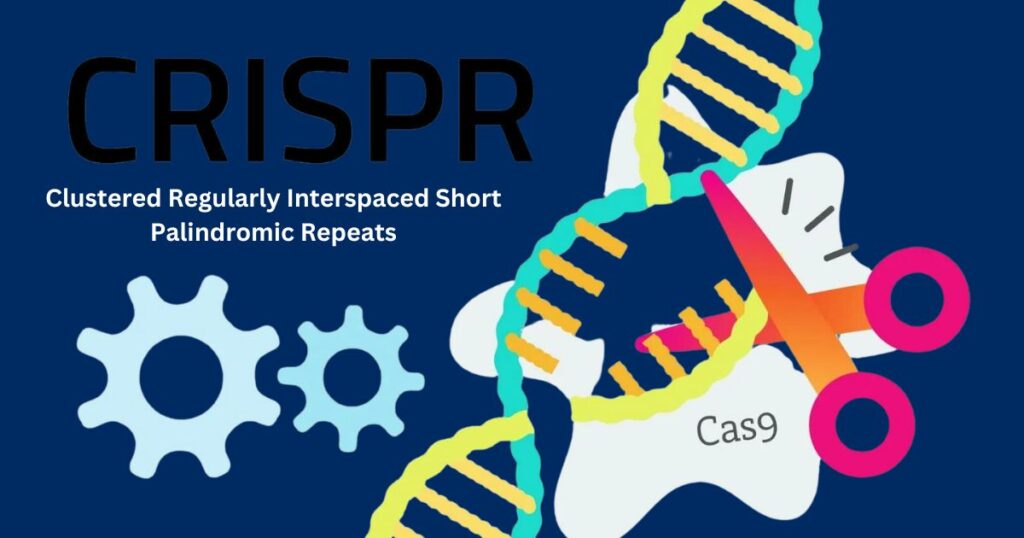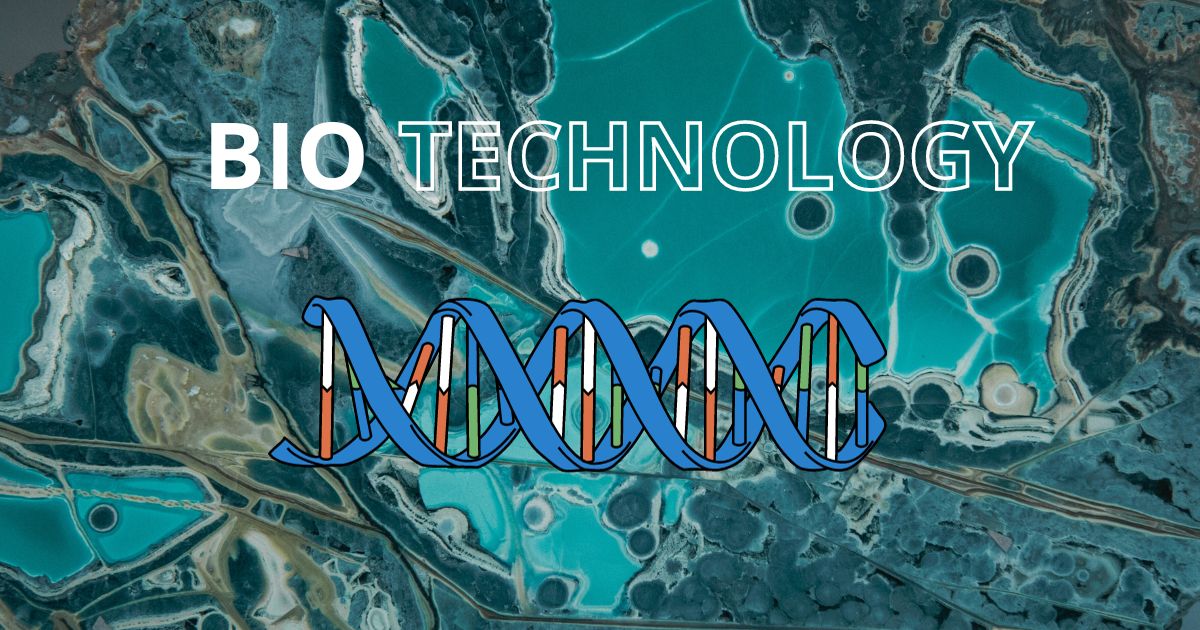Biotechnology is a field that combines biology and technology to revolutionize our world. This article will explore the intricacies of biotechnology, including its historical roots, key principles, applications in various sectors, ethical considerations, challenges, and future trends. By the end, you’ll have a comprehensive understanding of how biotechnology is shaping our world.

Introduction to Biotechnology
Biotechnology is the discipline that harnesses biological processes, organisms, or systems to create products or technologies that improve our lives. It merges the power of living organisms with the precision of technology.
Historical Background of Biotechnology
The history of biotechnology is extensive and extends back to prehistoric times. One of the first applications of biotechnology is the fermentation and brewing processes that involve yeast. But it wasn’t until the 20th century—and Watson and Crick’s discovery of DNA’s structure—that biotechnology was acknowledged as a separate field.
One of the mainstays of biotechnology, genetic engineering, was made possible by this discovery. Scientists can modify an organism’s genetic makeup through genetic engineering, cloning, and gene editing. These methods have transformed biotechnology and created new opportunities for study and creativity.
Key Principles of Biotechnology
One of the mainstays of biotechnology, genetic engineering, was made possible by this discovery. In genetic engineering, new features or qualities are created by modifying the genetic material of live creatures. Additional fundamental biotechnological concepts that allow scientists to modify living things genetically are cloning and gene editing. While gene editing entails making precise modifications to an organism’s DNA, cloning entails producing an exact genetic replica of an organism.

With the use of a process called gene editing, scientists can change a living organism’s DNA sequence. Based on a truncated form of the bacterial CRISPR-Cas9 antiviral defense system, CRISPR-Cas9 is one of the most widely used gene editing tools. Applications for gene editing have been found in a variety of fields, including environmental conservation, agriculture, and medicine.
Applications of Biotechnology
Biotechnology finds applications in diverse sectors, with its primary domains being medicine, agriculture, and environmental conservation. Its potential to combat diseases, enhance crop yields, and protect the environment is remarkable.
Biotechnology in Medicine
Biotechnology has paved the way for groundbreaking medical innovations, including gene therapy, vaccines, and personalized medicine. These advancements are changing the way we diagnose and treat diseases.
Biotechnology in Agriculture
Biotechnology is a field that combines biology and technology to revolutionize our world. In agriculture, biotechnology is driving increased crop productivity and resistance to pests through genetically modified organisms (GMOs). This has the potential to alleviate global food security concerns.
Biotechnology in Environmental Conservation
Biotechnology also plays a vital role in environmental preservation, with the development of bioremediation and eco-friendly industrial practices. It’s a crucial tool in mitigating environmental degradation.
Ethical Considerations in Biotechnology
In biotechnology, ethical considerations are paramount, particularly in areas like cloning, stem cell research, and genetic modification. The power to manipulate genetics raises complex moral questions. Cloning offers benefits but also concerns about individuality and misuse. Stem cell research involves ethical dilemmas, especially when using embryonic stem cells. Genetic modification sparks debates about consent and potential consequences. Striking a balance between scientific progress and ethical responsibility is crucial.
Current Challenges in Biotechnology
Biotechnology faces challenges such as navigating complex regulatory landscapes, balancing oversight and innovation, and navigating public perception. It’s crucial to bridge the gap between scientific advancements and public understanding to build trust. Biosecurity concerns involve protecting biotechnological knowledge from misuse for harmful purposes.
Overcoming these challenges is essential for the growth and responsible application of biotechnology. By establishing streamlined regulations, improving public communication, and implementing stringent security measures, the biotech industry can realize its potential for society’s benefit.
Future Trends in Biotechnology

The future of biotechnology is bright, with trends like CRISPR technology, synthetic biology, and nanobiotechnology leading the way. These advancements hold the potential to redefine our world. While biotechnology offers immense benefits, concerns about safety, genetic discrimination, and equitable access persist. Striking a balance is essential to ensure its responsible use.
Benefits and Concerns Surrounding Biotechnology
In conclusion, biotechnology is a dynamic field that has transformed the world through science. Its applications in medicine, agriculture, and environmental conservation are changing our lives. However, ethical considerations and challenges must be addressed as we march toward an exciting biotechnological future.
Conclusion
In conclusion, biotechnology is a dynamic field that has transformed the world through science. Its applications in medicine, agriculture, and environmental conservation are changing our lives. However, ethical considerations and challenges must be addressed as we march toward an exciting biotechnological future.
FAQs
- What is biotechnology?
- Biotechnology is a field that uses biological processes and technology to create products or technologies that benefit humanity.
- How is biotechnology applied in medicine?
- Biotechnology has led to advancements like gene therapy and personalized medicine, improving disease diagnosis and treatment.
- What challenges does biotechnology face?
- Biotechnology faces challenges like regulatory issues, public perception, and biosecurity concerns.
- What are the ethical considerations in biotechnology?
- Ethical concerns in biotechnology relate to issues like cloning, genetic modification, and stem cell research.
- What does the future hold for biotechnology?
- The future of biotechnology looks promising, with trends like CRISPR technology and synthetic biology driving innovation.

Leave a Reply
You must be logged in to post a comment.